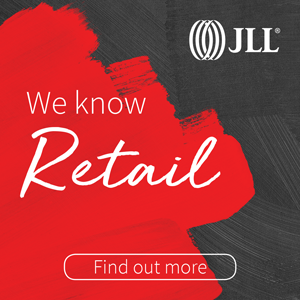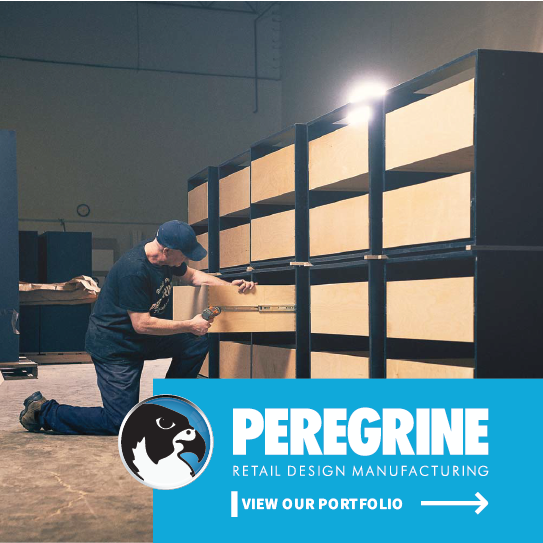Alberta Entrepreneur Expands Unique Ethical Fashion Line Amid ‘Slow Fashion’ Movement
/photo: debra hunter
By Mario Toneguzzi
W1 Hundred describes itself as being “unapologetically ethical fashion” - Canadian designed and produced clothing where ethics matter.
Owner Debra Hunter, who is based in Red Deer, Alberta, said the concept is actually the product of two other projects, Handmade in Canada and Pure Wear Canada, that just kept growing.
“I was trying to create Canadian made items out of wool but doing it as ethically as possible which meant accessing Canadian wool, Canadian milled, Canadian produced, but also dyeing by hand in natural dyes so you’re not dealing in chemical dyes. It was a small project that started as Handmade in Canada and as Handmade in Canada grew, I got into apparel. It became Pure Wear Canada,” said Hunter.
photo: w1 hundred (three wide stripe toque)
photo: w1 hundred (mountain peaks toque)
“Then I decided I wanted to grow it more into the apparel direction, but I also wanted to focus on getting it to a level of being even more local. So I have this idea - I’ve been working with mills in Canada accessing fibre - what if we could go make it even more local? What if we could bring this down to a hundred-mile wardrobe? I’ve been working on that since then. That’s where the W1 Hundred comes from. That’s what I’m working towards. Being able to use the closest fibre that I can get, milled as close as I can and then local production.”
photo: w1 hundred (large mountain scarf)
photo: w1 hundred (two ranges scarf)
Hunter said she has been working with mills in Prince Edward Island for her two previous projects. But she found a mill in Linden, Alberta with its own herd. She is going to now be able to use Alpaca fibre from their herd, milled on their site and within one hundred miles of where she makes the clothing.
“That’s the main goal. It’s local production. Ethical production using Canadian farmers, knowing where your fibre comes from the most part. Really, really clean supply chain. Really, really pure,” said Hunter.
Hunter designs all the patterns and motifs. If it’s a dyed piece, she dyes the fibre by hand, makes the pieces by hand and sends them out. She focuses on toques and scarves as they fit every age group and it’s the only way she can get something that is ethically handmade out to the market at a price point that people can actually afford. Eventually she wants to expand the product to other offerings.
“With toques and scarves, I’ve managed to work in the styles so that they’re accessible to people. There’s no point making something that’s ethical but not being able to put it out into the world,” said Hunter.
Everything is sold online but she also sells her product with retailer Talisman on Pender Island - one of the Gulf Islands on the west coast. Another recent stocklist is the Valhalla Pure retail location in Red Deer, which now carries the brand’s offering of toques.
The focus of the company is on shrinking the supply chain distance and utilizing local farmers and mills where possible.
“What makes people want this? First of all, Canadian made. There’s a real desire for Canadian made product out there right now. There’s a desire to support Canadian, especially with wool. It allows them to support right down to the farmers, the mills, that sort of thing,” said Hunter.
“The second thing people like is they know who’s making it, they know who’s crafting it. It’s not some vague idea of a factory on the other side of the world. They know who it’s coming from. I’m very transparent about exactly how it’s made. People like to know that you’re doing natural fibres, especially now that there’s a big plastic free movement. That’s huge that people know they can get natural. Natural dyeing. You’re not flushing chemicals out into the water system.
photo: w1 hundred facebook
photo: w1 hundred facebook
“I kind of see what I’m doing as an extension to when people started to look to the 100-hundred-mile diet where people are buying from local farmers. It’s kind of an extension of that mindset where people want to know where it’s coming from, how it’s made and value the product for that.”
Hunter said she has some ideas long-term in how to run a different business model.
“I think it is time to offer new options to retailers, allow them to be more reactive while having more choice. I believe I can give them options to work with that are more than just the physical product. I've come to the textile/apparel business in an around-about way, having owned a professional photography business for two decades, plus being a working artist. This background leaves me always thinking ‘how can this be done differently?’ I think the time is right for different,” she said.
Mario Toneguzzi, based in Calgary has 37 years of experience as a daily newspaper writer, columnist and editor. He worked for 35 years at the Calgary Herald covering sports, crime, politics, health, city and breaking news, and business. For 12 years as a business writer, his main beats were commercial and residential real estate, retail, small business and general economic news. He nows works on his own as a freelance writer and consultant in communications and media relations/training. Email: mdtoneguzzi@gmail.com


















![L.L.Bean Continues Canadian Expansion with 1st Toronto Store [Photos]](https://images.squarespace-cdn.com/content/v1/529fc0c0e4b088b079c3fb6d/1603908990197-KDT3UNTEHFBFJF5FJ36N/L.L.Bean_Don_Mills_8.jpg)





![Retail-insider-NRIG-banner-300-x-300-V01-3[2].jpg](https://images.squarespace-cdn.com/content/v1/529fc0c0e4b088b079c3fb6d/1593476525034-QRWBY8JUPUYFUKJD2X9Z/Retail-insider-NRIG-banner-300-x-300-V01-3%5B2%5D.jpg)
![Retail-insider-NRIG-banner-300-x-300-V01-2[2].jpg](https://images.squarespace-cdn.com/content/v1/529fc0c0e4b088b079c3fb6d/1593476491497-W6OZKVGCJATXESC9EZ0O/Retail-insider-NRIG-banner-300-x-300-V01-2%5B2%5D.jpg)
![Retail-insider-NRIG-banner-300-x-300-V01-4[2].jpg](https://images.squarespace-cdn.com/content/v1/529fc0c0e4b088b079c3fb6d/1593476508900-TJG5SNQ294YNOCK6X8OW/Retail-insider-NRIG-banner-300-x-300-V01-4%5B2%5D.jpg)